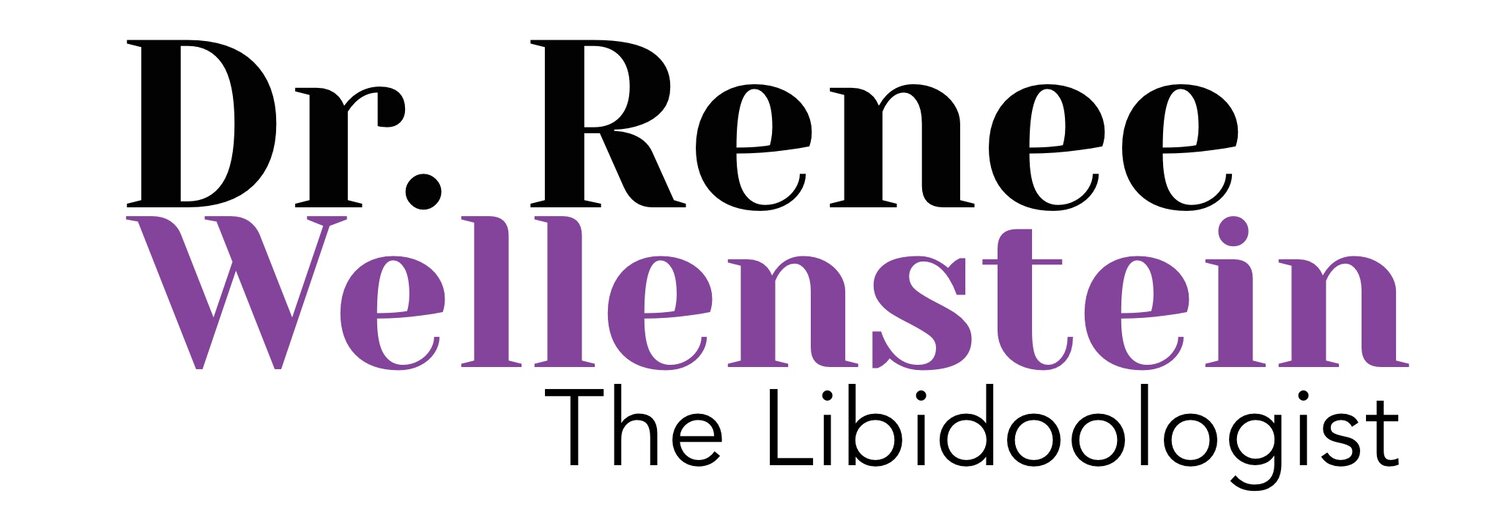Digital Detox and Sleep Hygiene: Embracing Rest in the Digital Age
Photo by Peter Kasprzyk
In an era where our lives intertwine with digital technology, it's crucial to recognize the impact this has on our mental health and sleep. Despite the benefits of connectivity, constant exposure to screens can lead to mental exhaustion and disrupted sleep patterns. This blog post delves into the importance of digital detox for mental well-being and explores sleep hygiene as a cornerstone of overall health.
The Digital Dilemma
Our days are saturated with screens – from the moment we wake up, throughout our workday, to the last minutes before sleep. This constant digital engagement can cause eye strain, mental fatigue, and notably, disturb our natural sleep cycles. Studies have shown that excessive screen time can be linked to anxiety, depression, and insomnia, underscoring the need for mindful technology use.
Understanding Digital Detox
Digital detox refers to a period where we intentionally refrain from using electronic devices. Embracing this practice can lead to improved mental clarity, reduced stress, and enhanced sleep quality. Practical steps include setting specific times for device use, creating tech-free zones in your home, and engaging in non-digital activities such as reading or outdoor hobbies.
The Importance of Sleep Hygiene
Sleep hygiene encompasses the practices that ensure quality sleep and full alertness during the day. Poor sleep can negatively impact our cognitive functions, mood, and even increase the risk of chronic health issues. Establishing good sleep hygiene is essential for both physical and mental health.
Strategies for Improving Sleep Hygiene
Regular Sleep Schedule: Stick to a consistent sleep schedule to regulate your body's clock.
Optimize Your Bedroom Environment: Ensure your sleeping area is conducive to rest - cool, dark, and quiet. Consider using blackout curtains or white noise machines.
Mindful Consumption: Avoid large meals, caffeine, and alcohol before bed, as they can disrupt sleep.
Relaxation Techniques: Engage in calming activities like reading or gentle yoga before bed.
Comfortable Sleep Setting: Invest in a quality mattress and pillows to enhance your sleep experience.
Combining Digital Detox and Sleep Hygiene
Integrating digital detox with sleep hygiene can significantly improve your sleep quality and mental well-being:
Limit Evening Screen Time: Reduce exposure to blue light from screens at least an hour before bed.
Tech-Free Bedtime Routine: Replace evening screen time with relaxing activities like reading or meditation.
Morning Digital Limit: Start your day with a tech-free hour to establish a peaceful morning routine.
Periodic Digital Breaks: Regularly schedule longer digital breaks, like weekends without screens, to rejuvenate your mind and improve sleep.
Overcoming Challenges
Embracing a digital detox and good sleep hygiene can initially be challenging. Gradual changes, like starting with brief tech-free periods and slowly extending them, can make the transition smoother. Remember, it's about progress, not perfection, and every small step counts towards better health.
Incorporating digital detox and sleep hygiene into your daily routine is a profound act of self-care. These practices not only improve sleep and reduce stress but also enhance overall life quality. By moderating our digital consumption and prioritizing restful sleep, we open the door to a healthier, more balanced life.
Try implementing these strategies and observe the positive changes in your health and mood. Share your stories with us and let's embark on this journey to wellness together.


